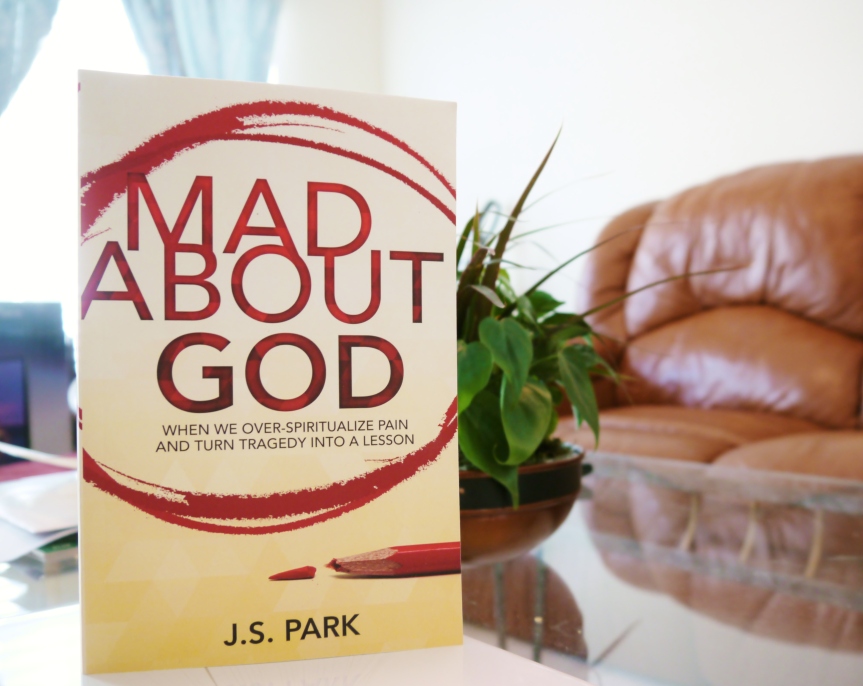I did this photo shoot a few years ago with a ton of smiles and silly faces—but this picture was a bit closer to how I was really feeling. It was during one of the most miserable seasons of life, when depression had hit full force and I was contemplating The End every waking moment. I had gained over twenty lbs from binging and I randomly fell asleep in my office and I kept letting go of the steering wheel, daring myself to crash. No one knew what was happening; I tried to tell someone but he laughed it off: “Look at you, how could you be so stressed when you’re so blessed?” So I kept up the smiles and silliness, all while my insides were wax dipped in acid, melted to the thinnest thread, stretched between bones across a chasm. I was Zeno’s paradox, motionless in motion. I was begging God to kill me.
I wanted to give up: but no. God said no. He was stubborn, and so I was, too. I hustled. I fought the dark with everything, both fists swinging, screaming and laughing at the same time, crawling by my bare fingernails to the lip of the well I had been cast down. Slowly, painfully, somehow, I made it through, mostly because I kept waking up and I was astounded to find myself still breathing, and because I gained ground by inches. Colors returned; the fog lifted over time; I found people I could tell; I got a dog and I lost the weight and I survived. It’s not as romantic as it sounds, and I don’t know if the next one will win. But that time, at least, I did. He did. God didn’t answer my prayer then, and it was the best “no” that I’ve ever gotten. I’m here, just barely. So is He, completely.
— J.S. Park





